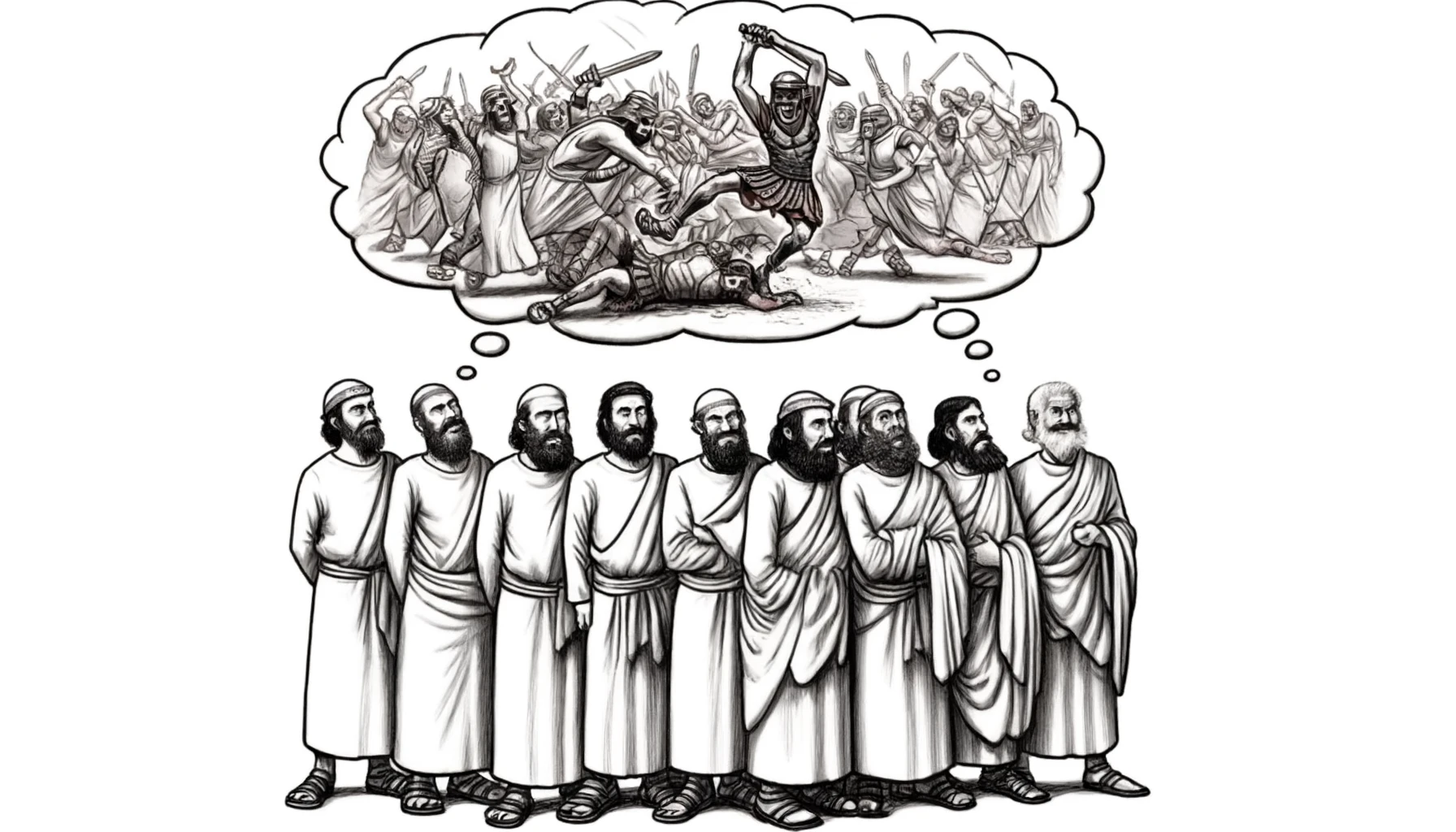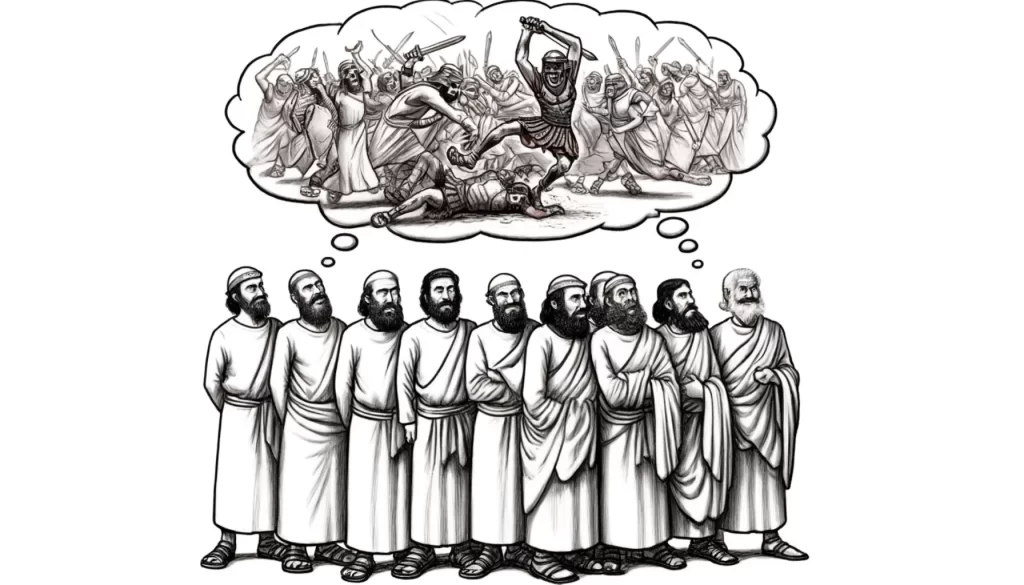In previous posts,[1] we’ve discussed the misconception that many people have about the discussion that Jesus has with the Pharisees over “The Traditions of the Elders” in Mark 7. That’s the place where Jesus “declares all foods clean.”
We tend to read the event through our lens—like Christians living millennia beyond the event who will defend our bacon and lobster to the death—and not through an historical, grammatical and literary context lens—as a discussion about disagreements over Halakah (oral laws about practically walking out the law in an ever changing context) NOT Torah.
Some, will argue that that Mark, who according to tradition was writing to the gentile churches outside of Israel, would not have included a debate over Jewish minutia unless this minutia had some practical bearing on the belief and practice of the church in general, and his gentile audience more particularly. (I agree.) “So,” they will say, “Mark would have used this event to abolish any notion that Christians in general needed to worry about such pesky things as biblical food laws in Torah.” (I disagree… remember, though, that I do not hold gentiles to Torah food laws; I just don’t hold gentiles to them for reasons other than Mark 7:19.)
There is a definite shift in the New Testament away from ritualized conceptions of things like defilement, clean & unclean, holiness, etc. (Though symbolism always matters to the heart and to the message preached by a group), but there is something bigger going on in this passage. The secret to that “something bigger” is found in the relationship between the phrase “Traditions of the Elders” and the larger narrative sermon formed by Mark 7:1-23 AND Mark 7:24-8:10 together.
After his argument with and condemnation of the Pharisees over the “Traditions of the Elders” in Mark 7:1-23, Jesus ends his Galilean ministry in Mark and immediately departs for gentile regions… where he casts out a demon, heals a man, and performs a miraculous multiplication of food… all for gentiles.
If you imagined that the “Traditions of the Elders” was a cute term for the oral law in general, for Halakah in general, you’re wrong. The Traditions of the elders are a special body of recently passed Halakic codes. What makes these codes special was that they were supported by both major Elders in Jewish circles… two guys who rarely agreed on points of detail.
The Traditions of the Elders represent an abandonment of Israel’s mission to the Gentiles. They were a specific and recent set of 18 new Halakah established by unprecedented agreement between the competing schools of Hillel and Shammai in order to drive a wedge of hatred between Jew & Gentile. In them, the gentile himself becomes an object of uncleanness by nature, like the touching of a corpse or a running disease. Once ritual purity is raised to the level of morality in this community, and spreads to hold authority over the home and every private act, like eating lunch, the oppression and damage to the heart and mind is unimaginable. One could not touch the gentile or anything the gentile touched without taking extreme measures to cleanse oneself ritually before being allowed to conduct even mundane business in the home. The very niggling perfectionism of the demands was intended to make every Jew despise the very sight of a gentile, to refrain from every contact, to grow weary at the very idea of crossing paths with them.[2]
So, contextually, Jesus’ discussion about the traditions of the elders is of immediate relevance to the gentile audience, irrespective of actual food. True and false defilement is on the table. Jewish Halakah has grown too big for its own britches. The commission of Israel has been ground under the feet of the oral law, preferred to Torah, kept in violation of Torah.
According to the traditions of the elders it is immoral to even risk eating lunch with hands that might have made contact with something that has made contact with the gentiles. Jesus denounces the traditions of the elders, declared the true nature of defilement, and goes to fulfill, at least in part, the Torah’s commission of Israel as a nation of priests to the gentiles.
[1] “Jesus May Have Declared All Foods Clean But I Still Won’t Eat Chilled Monkey Brains,” and “Jesus vs. the Law: Torah, Halakah, and Jesus’ Declaration of Dietary Deliverance in Mark 7:19.”
[2] Might I recommend reading relevant passages in Alfred Edersheim’s Life and Times of Jesus the Messiah which is a relevant work even this many years later. http://www.ccel.org/ccel/edersheim/lifetimes.viii.xxxi.html
Discover more from Biblical Literacy with Dr. Andrew D. Sargent
Subscribe to get the latest posts sent to your email.



